For cleaner and healthier communities: UNICEF and Action Against Hunger train volunteers on hygiene and health
Super Typhoon Odette (internationally named Rai) left thousands of families in Caraga with limited access to clean water and proper hygiene facilities last December 2021. So much so that open defecation has grown rampant in some communities due to the lack of available latrines.
Together with UNICEF, we have been inspiring and teaching communities the value of good hygiene in keeping children and families healthy during times of calamities.
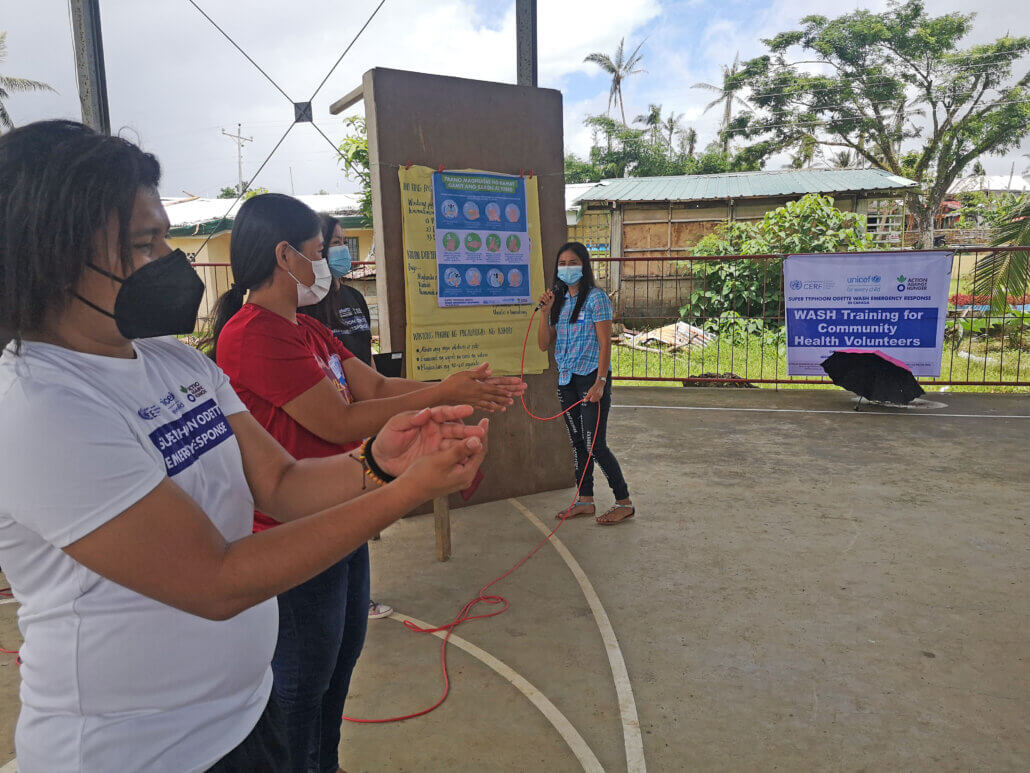
In photo: WASH Project Staff and community health volunteers review the proper handwashing technique through demonstration in the Municipality of Del Carmen. | Photos by Benjie Montilla, Adam Daniel Lacson, Victoria Valderama and Abdul-Alim Talusob for Action Against Hunger (2022 March 18, Surigao del Norte, Philippines)
From March 15 to 18, community health volunteers and rural sanitary inspectors from all 32 barangays of the municipalities of General Luna, Burgos, San Benito and Del Carmen in the Siargao Islands took part in the water, sanitation, & hygiene (WASH) training organized by Action Against Hunger through the support of the UNICEF and UN CERF.
“This re-orientation regarding sanitation can help prevent the spread of diseases since some of the people have been practicing open defecation,” said one of the participants. According to them, it has been a while since they started new activities about educating their neighborhood.
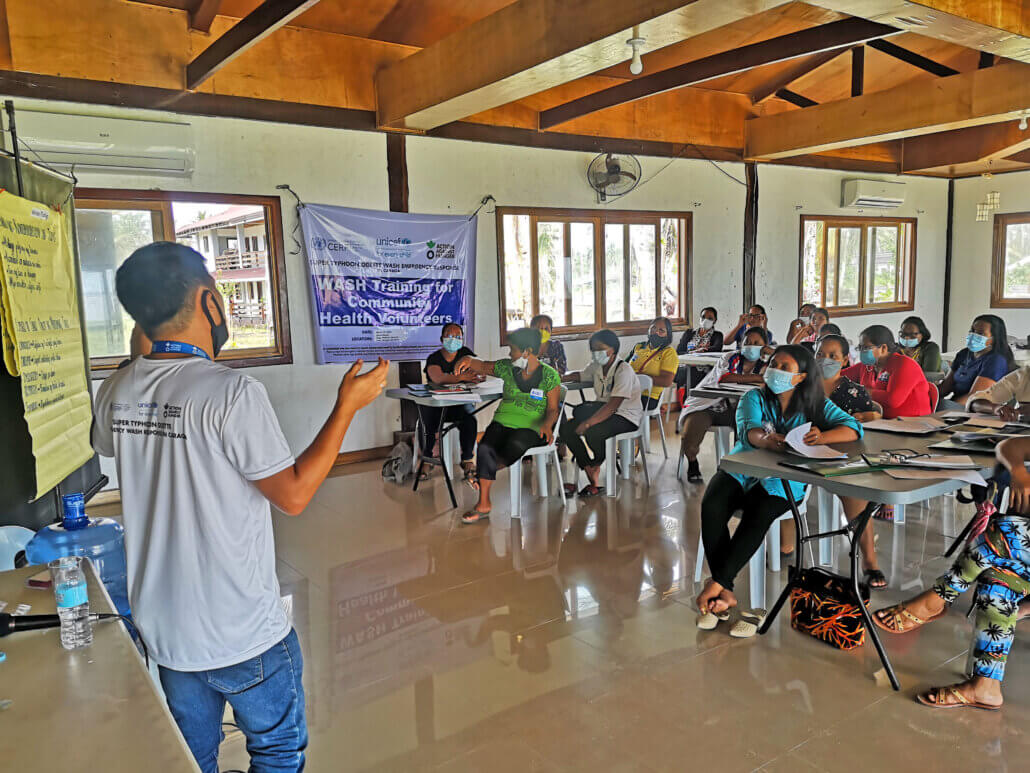
In photo: WASH Engineer explains and demonstrates the water quality testing activities of Action Against Hunger to selected Community Health Volunteers (CHVs) from the Municipality of Gen. Luna. | Photos by Benjie Montilla, Adam Daniel Lacson, Victoria Valderama and Abdul-Alim Talusob for Action Against Hunger (2022 March 15, Surigao del Norte, Philippines)
The participants shared what they know about water contamination and water-borne diseases, all while talking about the importance of sanitation, and common hygiene practices.
Team members of our Super Typhoon Odette WASH Emergency Response proceeded to discuss in more detail the topics concerning water quality testing, community-applicable methods to purify and store water, dangers of fecal-oral transmission, and proper hygiene techniques. Additional discussions on preventing COVID-19 were also conducted. The communities were also given tips on conducting education sessions, and new methods to pique the community members’ interest.
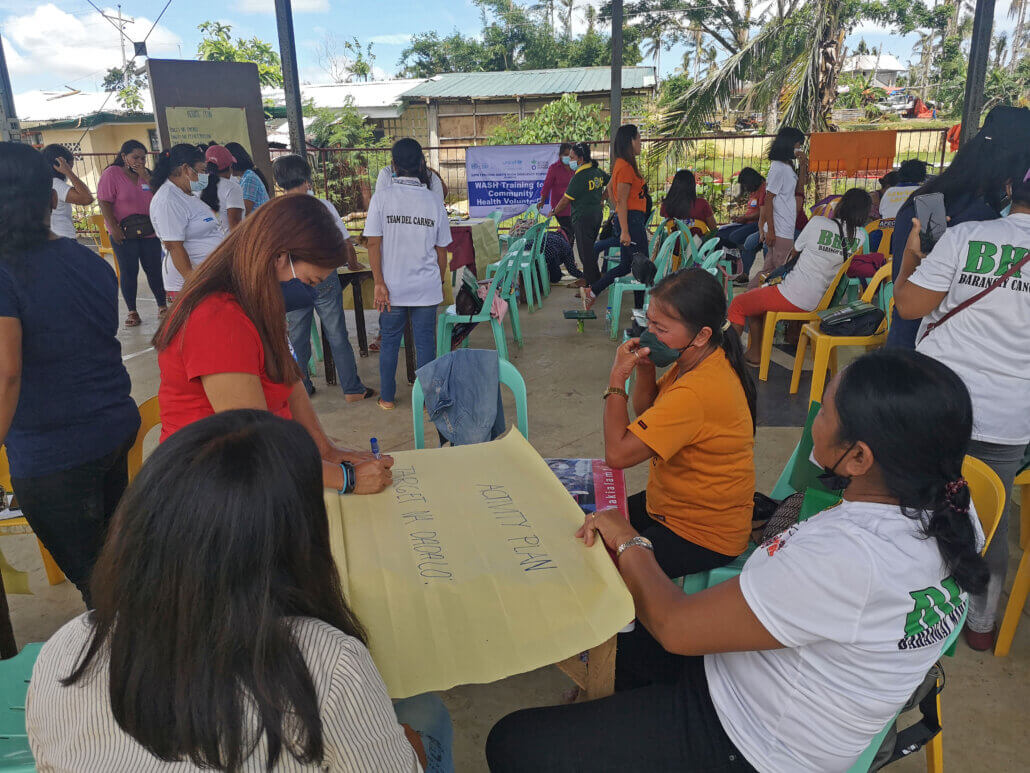
In photo: Training participants planned and presented their Activity Plans regarding WASH education sessions in Mun. of Del Carmen. | Photos by Benjie Montilla, Adam Daniel Lacson, Victoria Velderama and Abdul-Alim Talusob for Action Against Hunger (2022 March 18, Surigao del Norte, Philippines)
Most of the invited barangay participants have identified misconceptions regarding water quality and the use of water purifiers. Others focused on household methods to purify water, even during emergency situations. Initially, their health promotions focused community-led discussions to reduce open defecation, as well as methods to reduce cases of schistosomiasis, better waste management to reduce dengue, and hygiene promotion targeting the youth and lactating mothers.
At the end of the training, each barangay created their own WASH-related activity plan that they could implement and share in their own communities. Each activity contains topics from the discussion, but they were given the leeway to discuss topics that concern their respective areas.
By building the capacities of our local partners in health and WASH, we are hoping to reach around 3,500 people through the education activities of the health volunteers in General Luna alone.
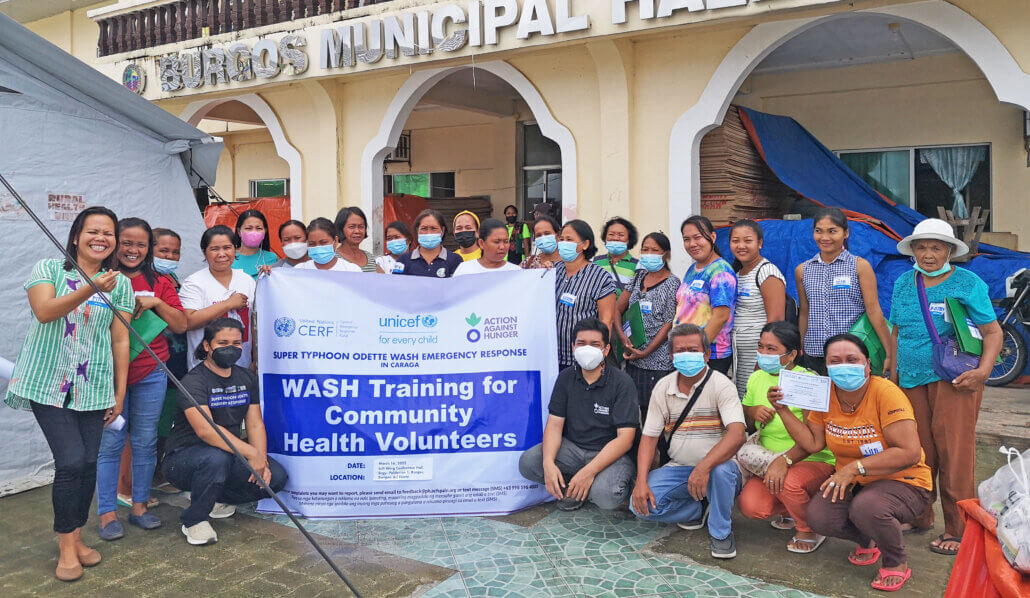
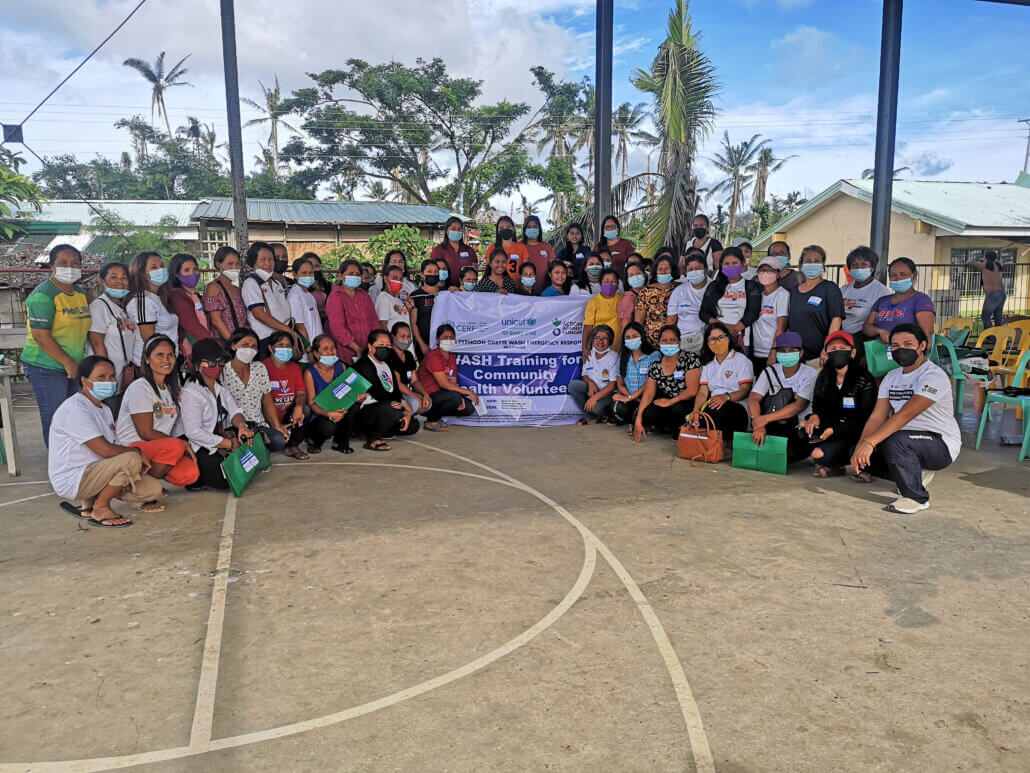
Photos by Benjie Montilla, Adam Daniel Lacson, Victoria Valderama and Abdul-Alim Talusob for Action Against Hunger
The Super Typhoon WASH Emergency Response in CARAGA is implemented by Action Against Hunger with funding from the United Nations Central Emergency Response Fund (UN CERF) and United Nations Children’s Fund (UNICEF).
Written by Queen Harley Musico, Abdul-Alim Talusob, Adam Daniel Lacson | Edited by Joyce Anne Sandajan


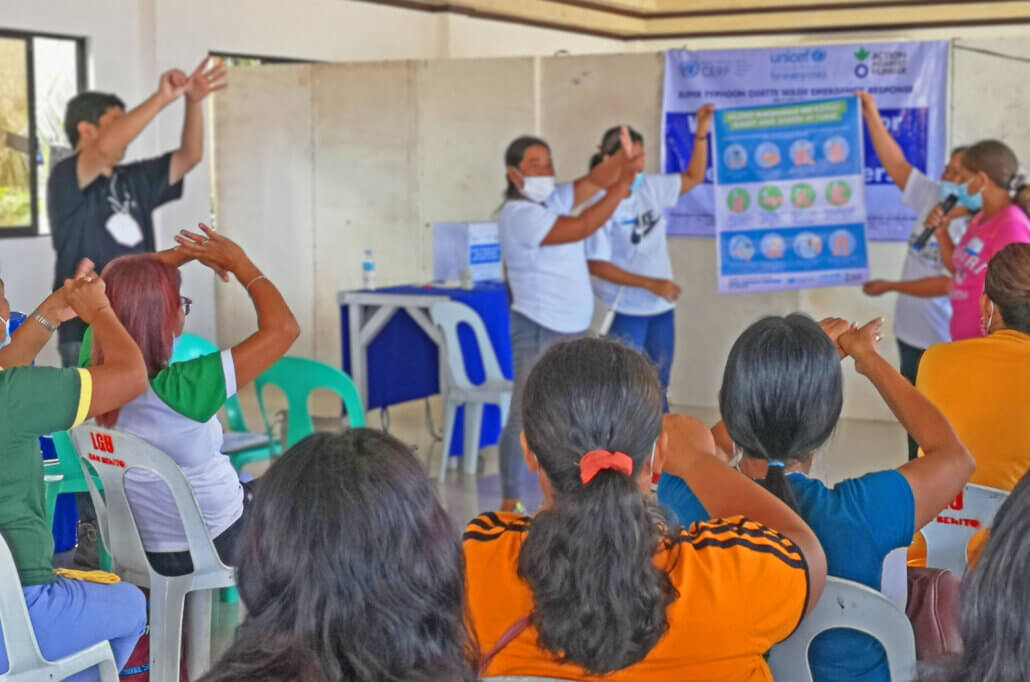
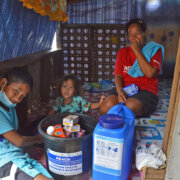
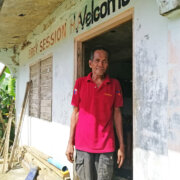
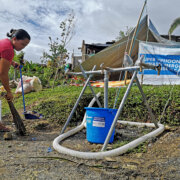
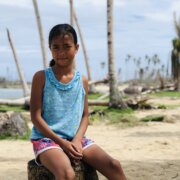
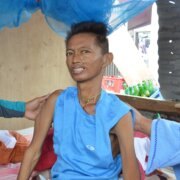
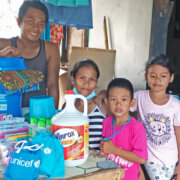
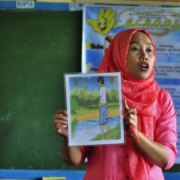
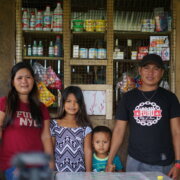



Leave a Reply
Want to join the discussion?Feel free to contribute!